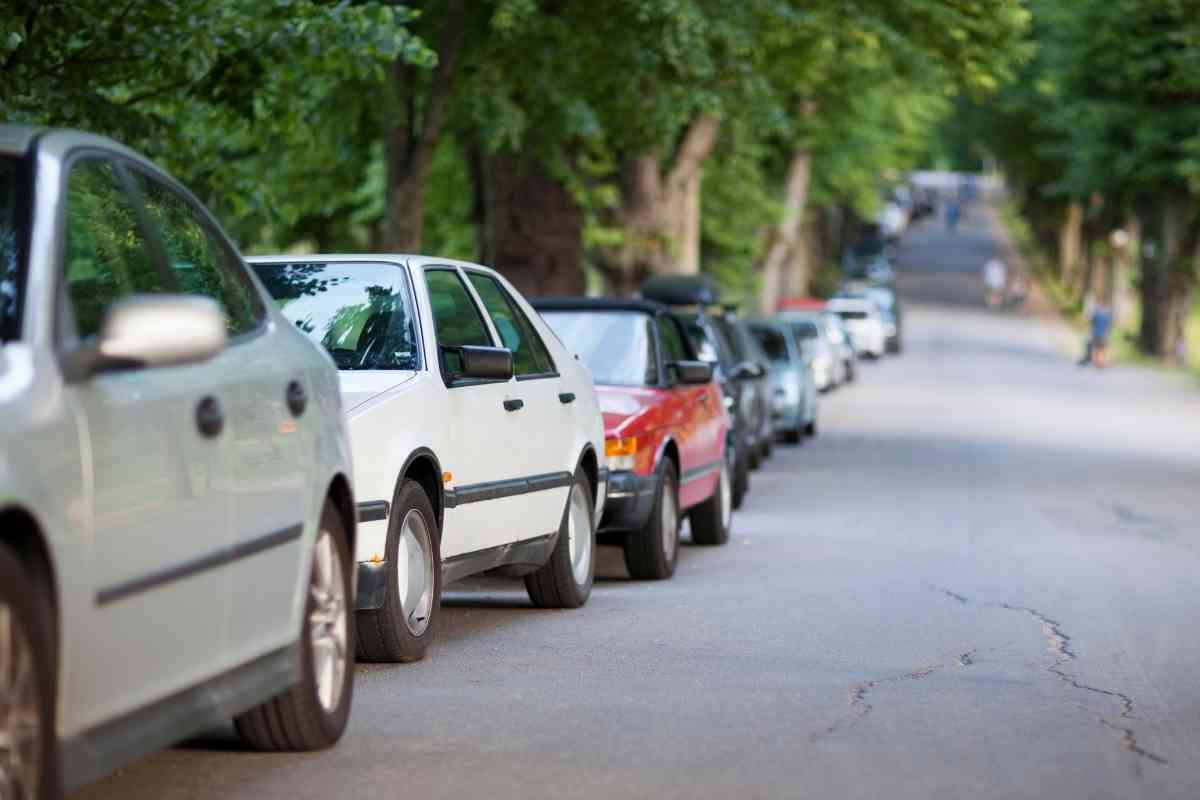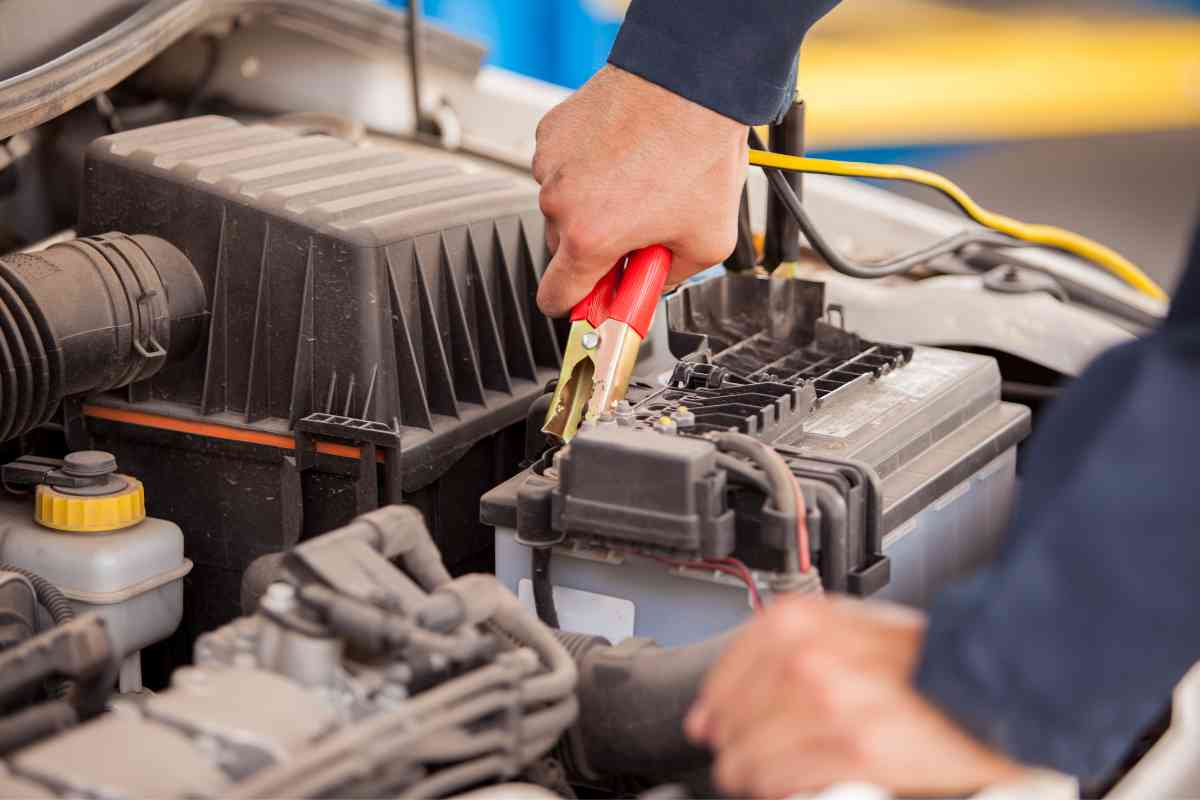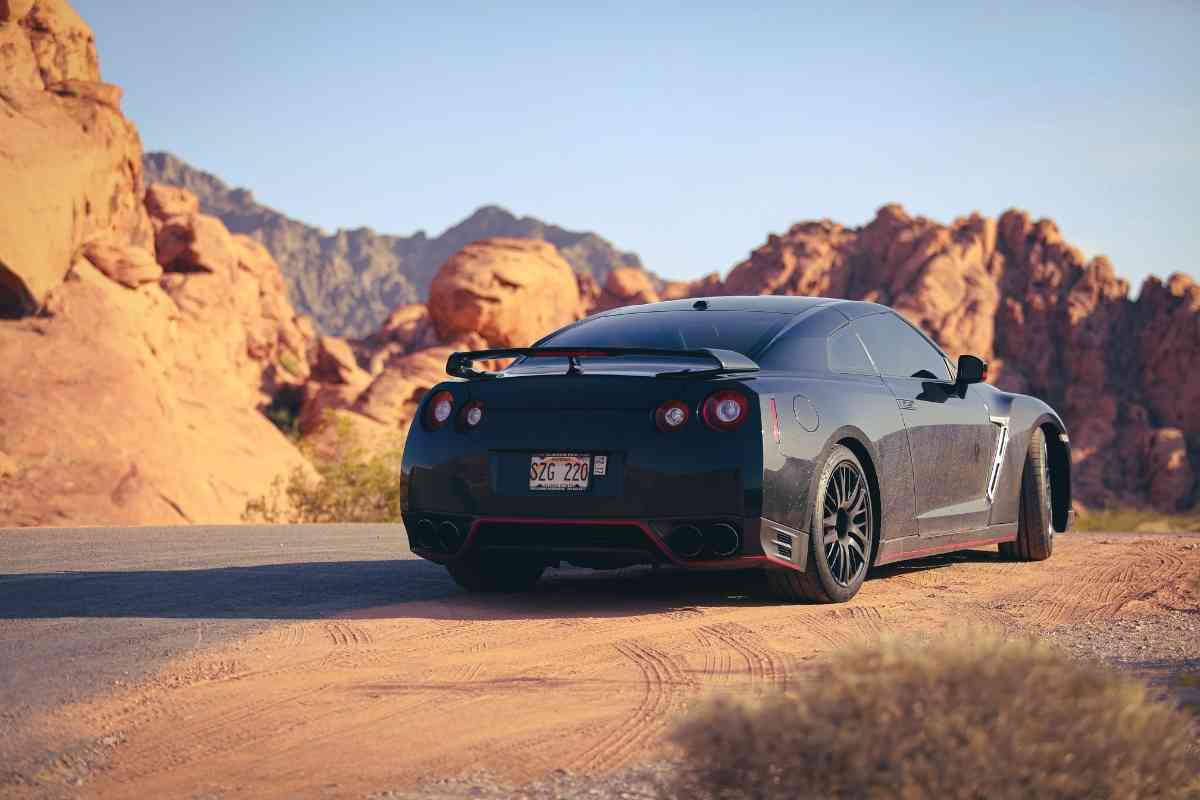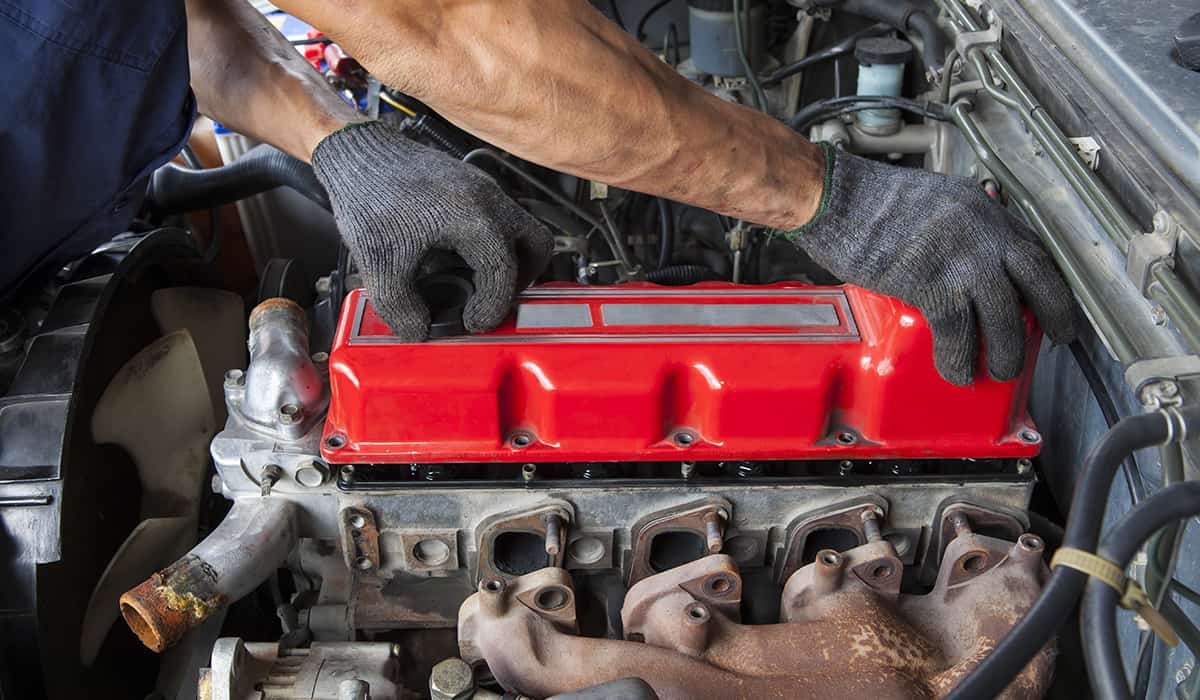8 Reasons Your Car Won’t Start When Parked on A Hill
If your car won’t start when parked on a hill, don’t worry – you’re not alone. This is a common problem that a lot of drivers face. There are a few things that could be causing your car to not start when parked on a hill.

Your Car Won’t Start When Parked On A Hill? Here’s Why!
Your car may not start when parked on a hill because of one or a few of the following issues:
- The battery may be low or needs a charge
- A faulty starter
- Busted fuel system
- Old spark plugs
- Faulty ignition system
- Low fuel
- Electrical short or another issue
It could be something as simple as the battery is low or something more serious, like the starter or fuel system not working properly.
If your car has been having this problem, it’s best to take it to a mechanic to have it checked out.
Here are a few things that could be causing your car not to start when parked on a hill:
1. The Battery May Be Low and Needs to Be Recharged
One potential reason why your car won’t start when parked at an angle is that the battery may be low and needs to be recharged. When you park a car at an angle, the car’s weight isn’t evenly distributed, which can strain the battery.
In addition, if you’re having trouble starting the car after sitting overnight, the battery may have drained completely.
If you think this may be the case, try jump-starting your car or using a portable charger to recharge the battery. If neither of these solutions works, then you may need to replace the battery entirely.

2. The Starter May Be Faulty and Needs to Be Replaced
If your car doesn’t start when parked on a hill, it could be due to a faulty starter. The starter is responsible for turning the engine over; if it’s not working properly, the car won’t start.
There are a few ways to test whether or not the starter is the problem. First, try starting the car in neutral.
If the car starts, then the problem is likely with the starter. Another way to test the starter is to push start the car. If the car starts, then the starter is probably fine.
However, if the car doesn’t start in either of these cases, then the problem may be with something else. Either way, it’s best to take your car to a mechanic to diagnose the problem and get it fixed.
3. The Fuel System Not Working Properly and Needs to Be Checked
Most drivers have experienced the frustration of their car not starting when parked on a hill. While there are a number of potential causes, one common reason is that the fuel system is not working properly.
In order to start the car, the fuel must be drawn from the tank and delivered to the engine. However, if the car is parked on a steep incline, gravity can prevent fuel flow.
As a result, the engine may not receive enough fuel to start, causing the car to stall.
If you’re having trouble starting your car when parked on a hill, a qualified mechanic must check the fuel system. By troubleshooting the issue early, you can avoid more serious problems down the road.

4. The Spark Plugs May Be Dirty or Fouled
If your car won’t start when parked uphill, it’s likely due to dirty or fouled spark plugs. When facing uphill, gravity pulls fuel away from the spark plugs, making it difficult for them to ignite.
As a result, the engine may misfire or fail to start altogether. To clean the spark plugs, remove them from the engine and scrub them with a wire brush. If they’re severely fouled, you may need to replace them entirely.
In addition, check the fuel pressure regulator to make sure it’s within the manufacturer’s specifications. Gravity will again prevent fuel from reaching the spark plugs if it’s too low. By following these simple steps, you can get your car up and running in no time.
5. Faulty Ignition System
Many people don’t realize that how you park your car can affect whether or not it will start. For example, if you opt for uphill parking with the front of the car pointing uphill, it’s more likely that your car won’t start.
This is because the uphill parking position puts strain on the ignition system, making it harder for the spark to ignite the engine. The same is true for parking downhill with the front of the car pointing downhill.
The strain of the uphill parking position can cause the spark to fail, preventing the engine from starting. So, next time you’re parking on a hill, make sure to keep this in mind!
6. The Engine May Be Seized

Did you know that the engine may be seized if your car won’t start when uphill and downhill parking? It’s true! If you’re having trouble starting the car after sitting overnight, it could be because the car is not getting enough gasoline.
When a car is parked on a hill, the gasoline can drain out of the carburetor and into the engine, where it can cause the engine to seize.
To avoid this problem, make sure to park your car on level ground when you’re not using it. If you do find yourself in a situation where your car won’t start because the engine is seized, don’t despair.
You can do a few things to try to fix the problem. First, check the oil level and make sure it’s full. If it’s low, add oil until it reaches the full mark. Next, check the battery.
If it’s dead, try jump-starting the car. Finally, if none of those things works, you may need to call a tow truck to take your car to a mechanic.
With a little know-how and some elbow grease, you should be able to get your car up and running again in no time!
7. Low Fuel Level
If you’re having trouble starting your car after it’s been parked overnight, you may be parking improperly. Uphill and downhill parking can affect the flow of gasoline to the engine and cause your car to stall.
Make sure you’re parking on level ground to prevent this issue. Low fuel levels can also contribute to starting difficulties, so ensure you have a full tank before heading out!
8. Electrical Problem
Many drivers have experienced the frustration of trying to start their car only to find that the car turns over but struggles to start.
This can be especially frustrating when there is trouble starting car after sitting overnight. In most cases, the problem is simply due to a loss of power in the electrical system.
However, if the car is parked on a hill, it’s possible that the problem is caused by a build-up of oil in the engine. When oil becomes heated, it expands and can cause the engine to seize up.
If this happens, the engine will fail to start even if there is power in the electrical system.
To avoid this problem, always park your car so that it is level, whether on an uphill or downhill parking slope. This will ensure that the oil stays where it belongs and doesn’t cause any trouble when you try to start your car.
How to Prevent This from Happening In The First Place
Here are a few pointers on how to prevent this from happening in the first place.
Make Sure You Have Enough Gas in Your Tank
When you park your car on a hill, there’s always the risk that it won’t start again when you try to leave. This can be especially frustrating if you’re in a hurry and don’t have time to wait for a tow truck.
However, there is something you can do to minimize the risk of this happening. First, make sure you have enough gas in your tank.
If your fuel pump is running dry, it may not have enough power to start the engine when you turn the key.
Check Your Battery
The car won’t start when parked downhill, because your car’s battery may not have enough power to start the engine.
This is because the battery is located at the lowest point in the car, so gravity pulls the acid downhill and away from the lead plates. As a result, the battery won’t be able to generate enough power to start the engine.
To prevent this from happening, park on an uphill slope instead. That way, the battery will be closer to the lead plates, so gravity will help to keep the acid in place. You should also regularly check your battery’s level of charge, and bring it in for service if it starts to lose power.
Inspect Your Starter
First, make sure the car is neutral. If it’s not, it could be that the starter is engaged, preventing the engine from turning over.
You should also check the battery to see if it’s fully charged. If not, this could be causing the problem.
Finally, look at the cables and connections to ensure everything is tight and secure. If any of these things seem to be the issue, you may need to get your car towed or have it serviced by a mechanic.
Share Your Insights With US
Did we forget something, get something right (or wrong)? We’d love to hear your insights! Share your automotive experiences based on our article in the comments below. Your input enriches our community’s knowledge. Thanks in advance for sharing!
Check Your Fuel System
It can be incredibly frustrating when your car won’t start, especially when it’s parked on a hill. The good news is that you can check a few things before calling a tow truck.
First, make sure that the fuel lines are clear and that there’s enough gas in the tank. Next, check the fuel filter to see if it needs to be replaced.
Finally, check the transmission to see if it’s in the park position. If all of these things check out, then it’s time to call a tow truck. Hopefully, this process will save you time and money in the long run.
Related Reading
What Happens if I Drive My Car in Low Gear?
Can You Leave Your Truck Parked In Four Wheel Drive?
Can’t Get My Honda CRV Out Of Park | Try This First!
The Jeep’s Idling High Problem | Explained and Fixed
Chevy Truck Jerks When Accelerating
Jeep Won’t Accelerate? Here’s What to Do
Bottom Line
If your car won’t start when parked on a hill, several potential causes exist. The battery may be weak or dead, the starter may be defective, the ignition switch may be faulty, or there could be an electrical problem.
Additionally, the fuel system may be clogged, the engine could be seized, or the transmission may be in neutral instead of the park position.
By troubleshooting each of these potential issues, you should be able to determine the root cause of the problem and get your car running again.
